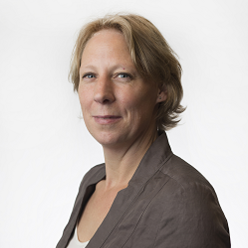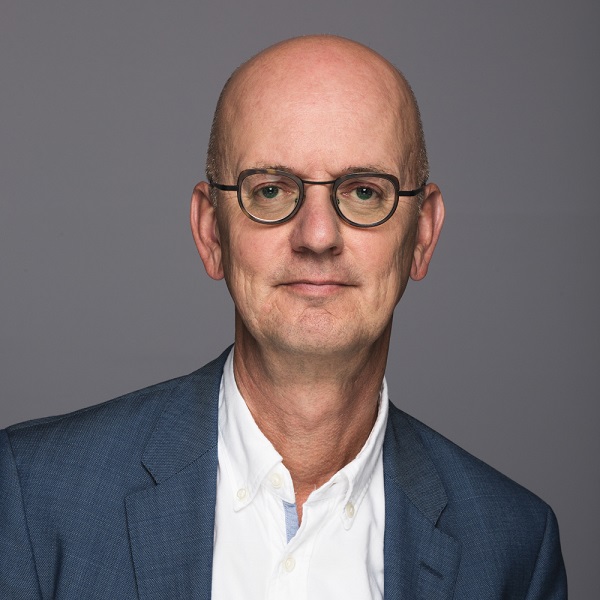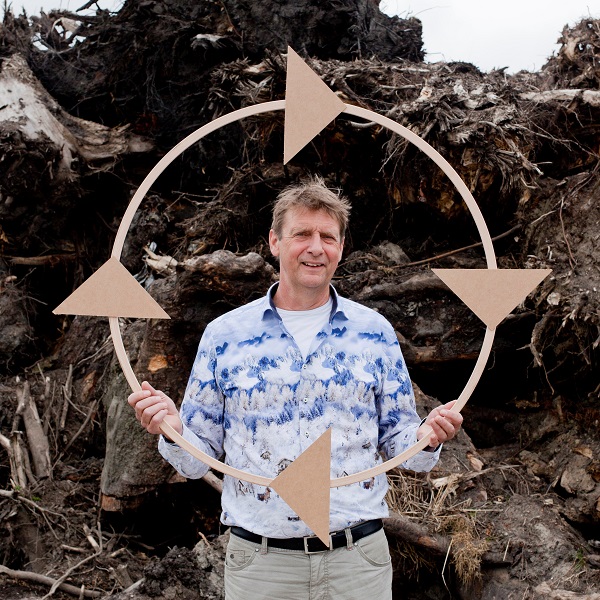How do we ensure that we can use waste in the province as raw material? Who are the regional network partners if you want to realize completely circular construction? And what does that mean for your business model? These are the questions that ACCEZ will answer. The province is investing € 5 million in the program ‘Accelerating Circular Economy South Holland’. “It will remove barriers and provide knowledge about the circular economy,” says ACCEZ director Judith Schueler. “Together with academics and companies working on the circular economy, we will develop knowledge that we assess directly in daily practice. We identify opportunities and bottlenecks that we can then tackle – for example for innovative policy. The circular economy is knowledge-intensive and requires long-term, programmatic cooperation between governments, industry and knowledge institutions. We thus want to achieve a lasting change in the way we deal with raw materials, energy and products. “
From waste to product
In ACCEZ, the focus is on a number of ‘transition efforts’ regarding the circular economy in a cluster or area. Of those, two are now known. The first concerns former industrial park “De Binckhorst” in the center of The Hague, where various parties create a circular living and working area. The other is in the Groene Hart (‘Green Heart’, the thinly populated, somewhat rural central area between the major Dutch cities). There, several companies are active in the utilization of organic residual flows. Topsurf Nederland for example, produces a soil improver from clean dredged sludge, green waste and residual products from waterworks. This can counter soil subsidence and improve the nutrient balance of the soil. But in the application of its product, the company has to deal with laws and regulations that are not yet fully geared to using waste. The Waddinxveen Green Recycling firm Wagro also runs into this, says general manager Wim Lexmond. “We can make all kinds of products from plant material to enable a bio-based, circular economy: products for the food industry, or chemicals for the pharmaceutical or cosmetic industry. We thus produce value from waste. In doing so, we have to meet all sorts of definitions and quality criteria of our customers, which in itself is quite complicated. It is a pity that the government has a hard time handling all this and, for all sorts of reasons, labels our products as waste too. That really has to change if we really want to innovate and create a circular economy.”
Regulation
That is exactly what ACCEZ aims at, says Roelof Kooistra, project leader of the transition assignment Groene Hart Circulair. “The problem as experienced in the Topsurf and Wagro cases is experienced by several parties. We are not concerned with solving individual problems, but with developing knowledge leading to recommendations that help solving generic issues.” He stresses that it makes little sense here to focus on changes in regulations, because these are largely drafted in Brussels. “But what can change is what you could call the ‘hassle’ with and between governments. The circular economy is new and complicated and touches on important responsibilities – it’s also about food safety, for example. It also involves many parties: the province, municipalities, environmental agencies. As a result people involved adopt a wait-and-see attitude and put themselves on the safe side of the problem. In this research we want to establish how the decision-making regarding the use of residual materials develops, and provide recommendations to substantially improve that.”
Commitment
The ACCEZ studies that map the opportunities and bottlenecks are led by Prof. Koos Biesmeijer, Professor of Natural Capital at the Institute of Environmental Sciences at Leiden University. Biesmeijer: “Everyone has different agendas and other expertise and the key is to treat them respectfully. We as researchers are good at asking questions and proposing solutions, but we do not know how a company works, the economic parties involved have this knowledge. And the province knows about policy. Only by tackling all this together, right from the start, can we come to good solutions.”
Whether the recommendations will actually be implemented, will depend on the commitment of the parties involved. According to Kooistra such commitment does exist with the province of Zuid-Holland: “Actually that is precisely why ACCEZ exists. But of course there are many other parties involved, so we have to wait and see how they will react. We do, however, involve these parties intensively in the research, so that they might easily go along with the recommendations. ” As far as Wim Lexmond is concerned, it would already be a success if entrepreneurs in the circular economy would be regarded as responsible citizens. “It sometimes bothers me that entrepreneurs, including those in the circular economy, are thought to only care about money. I hope that ACCEZ will show that we really care about sustainability issues and that we take our responsibility.”
This article was produced in collaboration with Biobased Delta.






